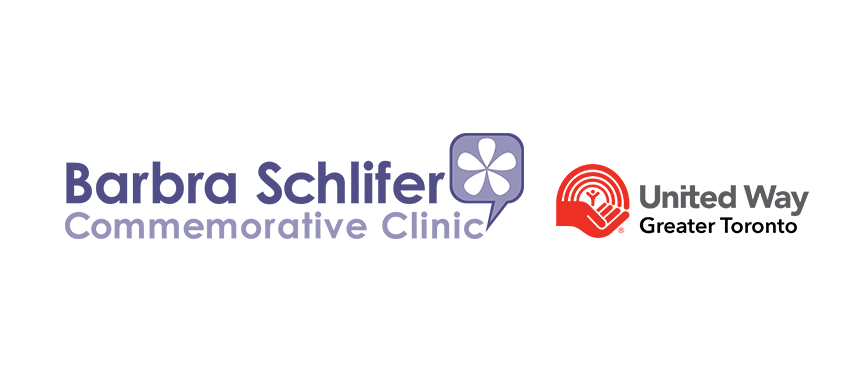
Informed by a 3-year community-based research study, the online tool will be available to service providers across Canada to help them assess the risks of violence faced by survivors and to enhance safety planning.
Toronto, Ontario – Released this fall by the Schlifer Clinic, the Risk Identification and Safety Assessment (RISA) tool was developed for frontline service providers working with survivors of gender-based violence (GBV) or those at risk of violence. It is intended to assist service providers in screening and identifying potential risk for future violence where GBV has been identified, while assisting with personalized safety plans and case management.
Developed as part of the Clinic’s WAGE-funded national risk assessment project, the RISA tool addresses key gaps in how risks of violence are currently identified and addressed. Research conducted by the Clinic found that many existing risk assessment tools have not been adequately tested in service provider settings, nor have survivors been sufficiently consulted in the development of these tools.
“We are very hopeful that it will be a tool that can support the important work of service providers in reducing exposure to further violence for survivors of gender-based violence and plan for safety. This is an open-ended tool that is holistic in nature, informed by lived experience and vulnerabilities from an intersectional lens of individuals and communities. We are looking forward to consulting with communities and partners in 4 regions as well as a national virtual consultation.” says Deepa Mattoo, Executive Director of the Barbra Schlifer Commemorative Clinic.
The Clinic’s study also found that service providers across Canada vary considerably in their use of formal risk assessment tools, in part because of lack of satisfaction with available tools in terms of their applicability to the diversity of survivors coming through their doors.
The forthcoming RISA tool offers several advantages in response to existing gaps:
- Content for the tool is informed by 3-years of research and consultation conducted by the Clinic
with 597 service providers and 38 survivors across Canada. - The comprehensive tool includes validated risk factors for serious harm and lethality, as well as
individual and systemic risk factors identified in the research with survivors and GBV experts. - The tool includes wrap-around educational modules so that providers can learn about best
practices in risk assessment and safety planning for diverse survivors while they are using the
tool. - Based on feedback from survivors, the tool includes trauma-informed and intersectional design
elements to promote the adoption of best practices by service providers when administering
the tool. - The forthcoming tool will be tested this fall in service provider settings in Alberta, British
Columbia, Nova Scotia, and Ontario, with national training available virtually. A field-tested
version of the tool will be released in 2024.
For more information, please contact Shalini Devarajah for media interviews and quotes on 647-264-
7134 or [email protected].
Barbra Schlifer Commemorative Clinic
Barbra Schlifer Commemorative Clinic is a specialized clinic for women and gender-diverse people experiencing
violence, established in the memory of Barbra Schlifer. The Clinic is a multi-disciplinary, front-line service
provider that assists more than 10,000 women a year to build lives free from violence through counselling, legal
representation, and language interpretation.
National Risk Assessment Project
The RISA tool was developed by the Barbra Schlifer Clinic as part of the Clinic’s five-year National Risk
Assessment Project, in collaboration with its project partners and with funding from Women and Gender
Equality Canada (WAGE). The project builds a blueprint for risk assessment and safety frameworks that is
founded on a trauma-informed approach and the consideration of intersecting identity factors for Indigenous
women, Black women, racialized women, immigrant and refugee women, women with precarious immigration
status, women with disabilities, 2SLGBTQIA+ people, and gender-diverse survivors who are disproportionately
impacted by GBV.
Upcoming Events
- National Pre-Launch of the RISA Tool (Hybrid event) The project team will share the project’s main findings
and showcase the Tool prototype. September 12, 2023 – 3 to 5 pm EST - Training and Piloting Workshops (In-person events across Canada) Service providers from different
provinces will have an opportunity to test the RISA tool and provide feedback on how the tool might be
implemented to meet their regional and organizational needs. Dates and locations will be announced soon
